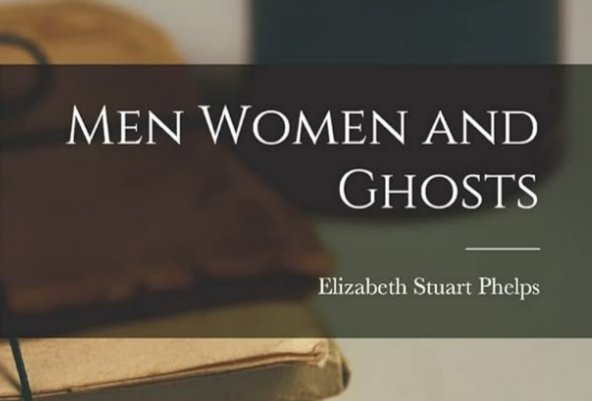The Grocery
byIn this chapter titled The Grocery, the story shifts into the lively corner of a small-town store, where personal relationships and unpaid bills shape the day’s rhythm. A casual conversation between Alice and Leon opens not as conflict, but as routine—familiar words exchanged beneath the creak of the front door and the scent of dried goods. Leon, breezy and bold, reaches for cigars while casually requesting credit, assuming past favors still carry weight. Alice, poised yet firm, reminds him that generosity can’t balance a ledger forever. Her voice is polite but resolute, reflecting a deeper understanding that local friendships cannot override financial responsibility when survival is at stake. Behind their exchange lies the tension between community loyalty and economic realism, a familiar tug-of-war in places where everyone’s face is known but every cent still counts.
Leon’s confidence fades as Alice explains the problem more directly: his recurring debts are no longer manageable, and the store’s patience is not infinite. He argues back with the local equivalent of currency—reputation, goodwill, and votes cast during the last town election. In his view, a man’s worth is measured by presence, not just payment. But Alice’s reply is clear-eyed and unsentimental. Neighbors may vote, but groceries require money. The unpaid items accumulate on paper, not promises, and goodwill does little to settle a supplier’s bill. Her tone is not cruel, but cautious—a young woman who’s inherited the weight of managing a family business where margins are slim and every item behind the counter holds value beyond what it’s priced. The conversation echoes an ongoing struggle in many communities: how to balance compassion with fairness when lines between friend and customer blur.
This encounter at the store is grounded in a broader reality. Small towns often rely on unspoken systems of mutual support, where trust fills the gaps that money can’t. Yet even in close-knit communities, goodwill has its limits. Alice doesn’t deny the strength of those connections—she simply acknowledges their fragility. Her refusal to extend more credit is not personal but necessary, a sign of quiet maturity shaped by watching her family survive off careful ledgers and hard choices. Leon, though stung, is not vilified; he represents a type known to every town—the charming debtor, forever skating on charm and memory. Their exchange is not just about cigars—it’s about values, and how small decisions carry weight when livelihoods hang in the balance.
While this conversation grounds the narrative in the tangible world, it follows the psychological unease explored earlier in the story. That earlier account of a severed hand hidden among apple roots introduces themes of doubt, memory, and unraveling reality. In that moment, the character is trapped in their own mind, wrestling with fear, guilt, and the quiet terror of losing touch with truth. The memory of the ring, the certainty of the buried remains, and then—the shock of finding nothing. That absence doesn’t bring relief; it deepens the fear that one’s sense of self is unreliable. This internal drama contrasts starkly with the steady, transactional logic of Alice’s dialogue, where everything must be counted and confirmed.
Yet the two sections share a thread: a search for truth in environments shaped by memory and repetition. The protagonist’s memory leads to an empty patch of ground. Alice’s memory leads to a list of names and numbers. Both are reckoning with reality—one in solitude, the other in shared community. The hand, whether real or imagined, marks a fracture between past and present. Leon’s debts, by contrast, are as real as the ink on the books behind the counter. Still, both stories ask what happens when the facts we rely on—whether financial or emotional—begin to slip from under us.
The emotional weight of these stories lies in their attention to everyday unraveling. Whether it’s the mental strain of a hidden trauma or the slow erosion of trust between friends, the themes converge in subtle ways. People want to believe in what they remember. They want their good intentions to count. But sometimes memory lies, and intentions fall short. And whether in the quiet corners of the mind or the public space of a grocery store, the reckoning is the same. Someone must face the truth, speak plainly, and carry forward with what they know to be real.
By the end of the chapter, Alice’s composure remains intact, but the reader senses a cost. She’s not triumphant, only resolved. In standing her ground, she carries not just the books but the burden of doing what’s right, even when it’s uncomfortable. That burden mirrors the earlier story’s weight of doubt and the fear of collapsing under it. The Grocery may seem modest in scale, but its implications stretch wide, showing how even the smallest interactions reveal the quiet courage it takes to navigate a world shaped by memory, accountability, and the constant hope that what we believe still matters.

